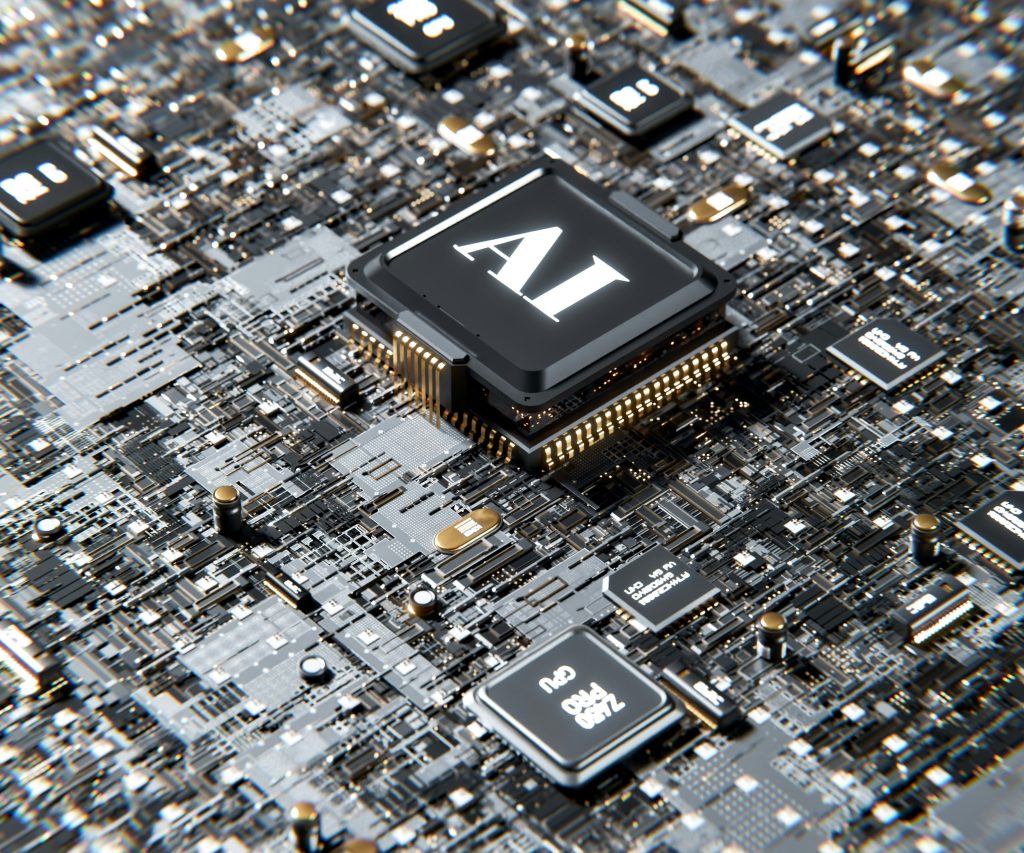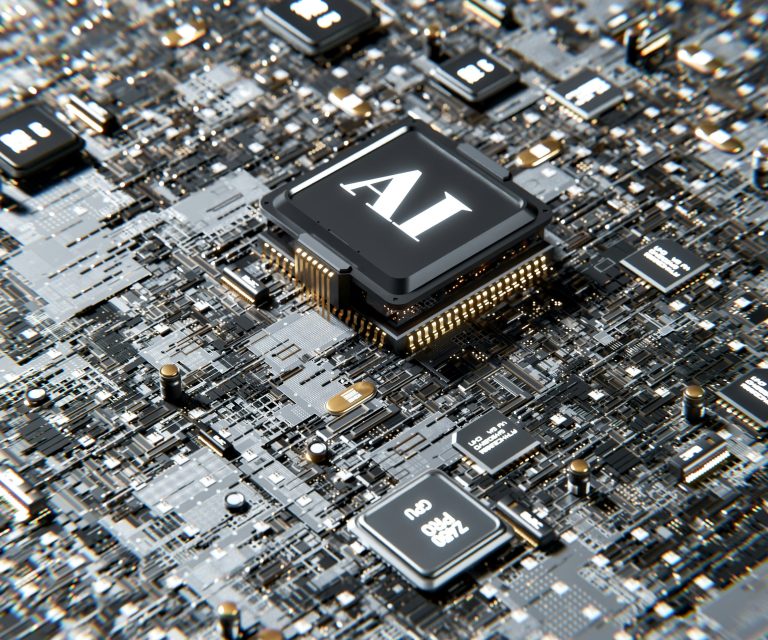As the next phase of the EU’s AI Act begins to take effect, organisations are preparing for changes to how artificial intelligence is built, governed, and deployed. From 2 August 2025, key provisions will come into force, including new obligations for general-purpose AI models to comply with the bloc’s regulatory framework. The legislation marks a significant turning point for both AI innovation and accountability.
Myles Washington, strategy director at Designit, Wipro’s experience innovation company, shares his perspective on what this new chapter means for business leaders: “The EU AI Act signals a new chapter in how organisations design and deploy AI. Not only from a technical standpoint, but also from an ethical and strategic perspective. Treating governance as a box-ticking exercise or a problem to solve post-launch is set to become a thing of the past. Compliance must now be baked into the foundations of product and service design.”

“The real risk isn’t regulation but rather being unprepared for it. Businesses that continue to prioritise deployment speed over long-term value will find themselves burdened with technical debt, reputational risk, and costly rework. On the other hand, those that invest early in governance frameworks, clear oversight, data transparency, and human accountability will move faster in the long run, with fewer setbacks and greater user trust.
We’re now entering a new phase where AI maturity won’t be judged by how advanced your models are, but by how responsibly they’re built. The organisations that succeed will be those that align innovation with intention, and treat trust as a design principle and not just a by-product.”


